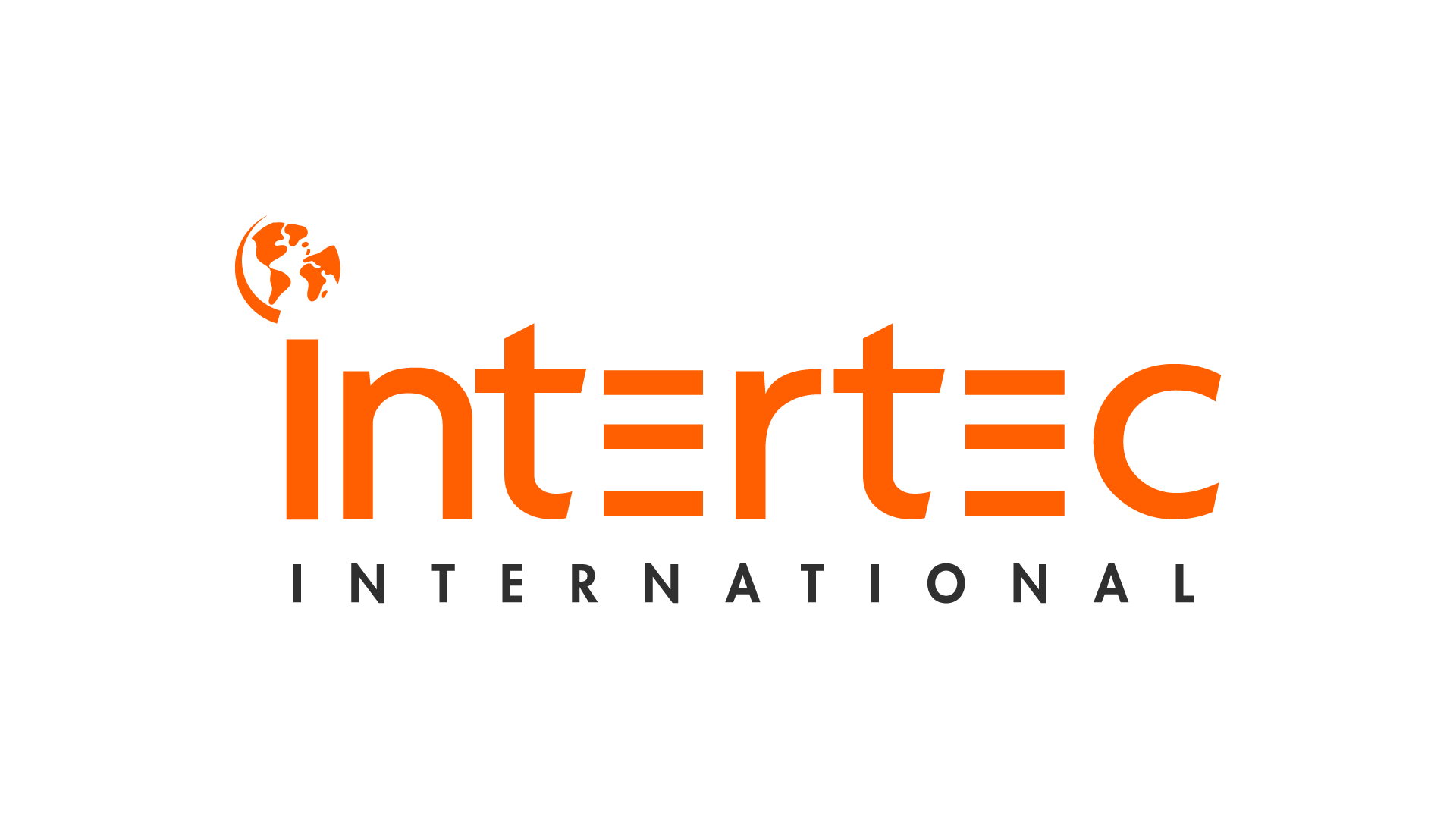Particularly in the IT industry, professionals are encouraged to demonstrate their expertise through certifications. In becoming certified in a specific field, professionals can display their knowledge and skills, often becoming more desirable to employers as a result. Aside from recruitment purposes, certifications can be instrumental in helping IT professionals develop new skills - which is critical to keep up with the speed of technological innovation.

But still, many wonder if the idea behind IT certifications is outdated. To determine the worth of an IT certification, we will discuss how it can benefit individuals and even companies as a whole.
Demand is Growing for IT Experts
Aside from wanting to develop your skills as an individual, there are several reasons for the growing demand for certified IT professionals. Perhaps the most significant reason is the current skills shortage being experienced in the IT industry. It seems as though technology is developing faster than the IT experts available can learn.
As a result, businesses are desperately seeking professionals familiar with new technologies, such as cloud computing. In fact, 71% of companies claim to encourage credentialing as it helps them acquire employees with the competitive skills they want.
While it is impossible to have years of experience in a technology that is so new, there are a few ways that professionals can develop the skills they need to catch up to technology. One of the ways this can be done is through becoming certified in the system, software, or technology of your choice. A certification allows professionals to gain the skills they need in a particular field and prove their efficiency.
In addition to a skills shortage, many industries are also experiencing a labor shortage. While this should mean that employers are eagerly hiring, many are still particular about the candidates they onboard - especially in the IT industry. For employers prioritizing credentialed candidates, certifications are an excellent way to stand out to employers and demonstrate your skillset. For this reason and more, becoming certified in various IT fields is highly recommended and beneficial.
Benefits of Becoming Certified
Build Your Skill Set
One of the greatest personal benefits of obtaining an IT certification is the opportunity to build your skillset. With each certificate you achieve, you are further expanding your knowledge and experience and your resume. As a result, you become more intelligent and skilled as an IT professional, obtaining the tools to succeed.
Certifications are an excellent opportunity to gain experience in new technologies in particular. Recently, cloud computing and cybersecurity have skyrocketed in popularity, so experts in these fields are in high demand. A certification allows IT professionals that have been in the industry for years to keep their skills fresh and continue to grow as an expert.
Additionally, as you become more skilled and potentially achieve more certifications, you will become a more attractive candidate for employers. In today's hiring market, this is an exceptionally beneficial trait to have. But, even for IT experts comfortable in their current position, they can further their knowledge and potentially their compensation.
Increased Compensation
A standard method of incentivization in business is through compensation. For this reason, many companies are willing to compensate prospective and current employees for achieving specific certifications. As a candidate with an impressive portfolio of certifications, you may qualify for higher-paying positions than previously.
For current employees, your employer may already offer additional compensation for each certification you earn. Additionally, many companies are willing to give their employees the time and funds to earn these certifications. Companies benefit from having credentialed employees as they become better qualified, and their skills can be a selling point to customers. For this reason, companies are eager to hire and support IT professionals with the right IT certifications.
Confidence and Job Satisfaction
In developing their skills further, 91% of individuals found that they experienced more confidence, and 76% reported greater job satisfaction in their roles after becoming certified in a particular field. As individuals gain experience and knowledge, a significant portion of the stress and complexity of their role can be reduced. As a result, their performance improves and thus their job satisfaction. People enjoy doing what they are good at, and certifications allow professionals to become better in key skills and fields.
Company Certifications Matter, Too
Often when discussing certifications, there is only a focus on certifications achieved by an individual person. While these tend to be more easily achieved and thus more popular, companies as a whole can obtain certifications as well. Many IT professionals gain certifications to improve their skills and demonstrate their expertise to employers, but companies can do the same thing. Rather than demonstrating expertise in a field or skill to prospective employers, companies can display their certifications to customers.
Certain certifications can be extremely valuable for organizations, showing customers a company's devotion to a particular study. For example, a growing number of companies are working to achieve their ISO 27001 certification. This certification demonstrates an expert level of cybersecurity within an organization. While the certificate itself represents this level of security, the process of achieving the certification is what creates such a level of protection.
To obtain the ISO 27001 certification as an organization, a company must undergo a lengthy internal auditing process, in which they must analyze every aspect of data and data endpoints in their company. Furthermore, they must implement security protocols and control objectives for each identified risk. While this process is lengthy and tedious, it results in an extremely high level of information security within a company. For companies in the IT industry dealing with sensitive customer data, such a level of security is an excellent marketing point.
IT Certifications Matter (Most of the Time)
Whether an individual or company in the IT industry, certifications can be excellent tools in differentiating yourself from competitors. With the right array of certifications, you can significantly expand your skillset, gain experience in new technologies, and improve preexisting skills.
Technology is developing at an increasingly rapid pace. For companies and professionals to keep up with such advancements, they must learn quickly and adapt skills as they grow in demand. For new concepts in particular such as cloud computing and cybersecurity, a certification could set you apart from competitors and give you the skills to succeed in an ever-changing industry. IT certifications provide both individuals and companies with the means to signify their devotion and knowledge of specific technologies while providing them with the skills to prove it.









